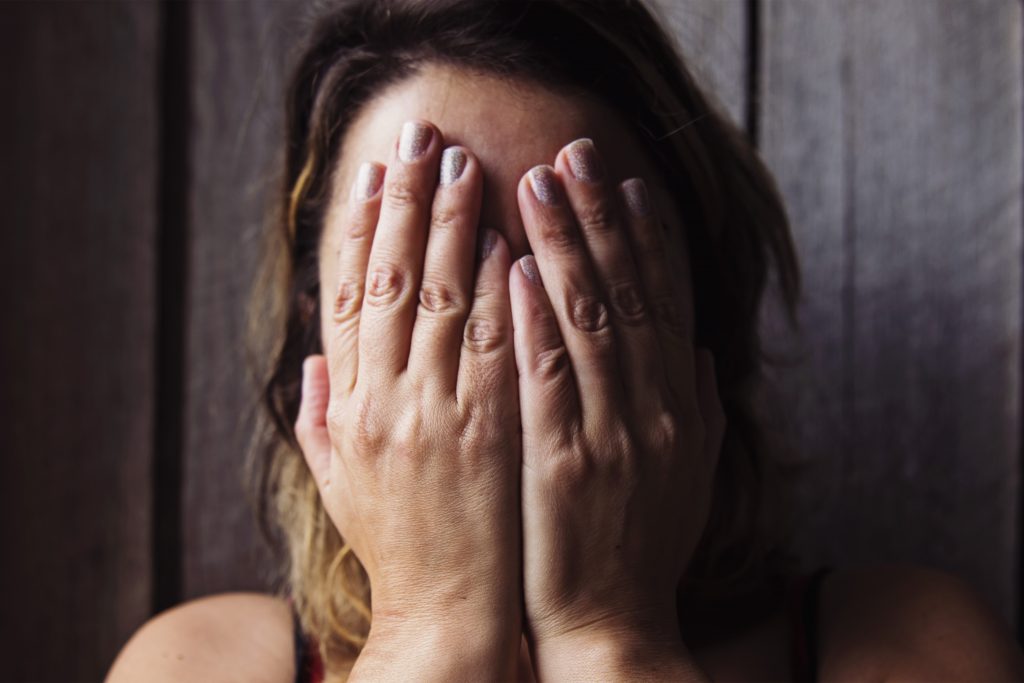
A Salford woman says there aren’t enough menopause specialists or support for women in the north of England.
Joanne Brizland-Cullen has spoken out on World Menopause Day in hopes of raising more awareness of what can be a challenging time for women in their lives.
Brizland-Cullen said: “From pre-teen years I’ve always struggled with anxiety and depression, but years ago I obviously didn’t know what it was.
“Over the years, you tend to just manage it but being a female, the hormonal changes would make it worse so physically and mentally I would struggle every month.
“I think things started changing when I was in my 40s. When I was younger, I’d always been quite outgoing, from going to parties to being the last one on the dancefloor.
“But I think as I got older it got to a point where I didn’t want go out, I didn’t want to see anyone and this was similar to depression, but I always got out of it but this was different, it felt different and I couldn’t find a way out.
“I was struggling at work; I was struggling with my relationships and every time I went to the doctors it was put down to my mental health.
“I thought things were changing in my body but I was also going through one of the lowest moments in my life, I just lost my dad to dementia.
“So, I put it down to external events but it came to a point where I had no clue what was going on, I couldn’t even get through the day, even basic things like reading I couldn’t do.
The menopause is when a woman stops having periods and is no longer being able to get pregnant. This is a natural process of ageing which affects all women.
The average age a woman reaches her menopause in the UK is 51 but can take its course usually between 45 and 55 years old. One in 100 women experience menopause before the age of 40, which is known as premature menopause.
Jo says that after suffering with symptoms and severe depression she felt suicidal.
She said: “I already worked out that I didn’t want to be here and worked out that everyone was going to be okay, I was just tired of fighting these feelings.
“I saw a psychiatrist and had some therapy and I still couldn’t work out why I was feeling this way.
“It was when I started talking to other people that I realised I wasn’t alone, I tried HRT but it just made it worse, everyone’s different but I decided I wanted to go down a bit more of a mindful route.”

For Jo, yoga became that mindful route and helped her navigate her life while dealing with menopause and its symptoms.
She took part in a few classes before lockdown with other women that also had menopause issues and says it felt safe and liberating to be able to discuss it with others.
She went on to launch her own classes and a menopause pop-up café back in 2017 to help save women from the suffering she endured.
She said: “I did a few yoga classes and cafes but I think it’s really hard when you don’t have the financial backing behind it.
“When you don’t have the support from your local GPs then you don’t get a lot of air play or people getting referred to you.
“It appears to be that women’s health is just silent, I just think it’s so sad that women’s hormonal health isn’t really acknowledged, it’s not an easy thing to discuss, it seems to be taboo.
“I think it’s because historically our society is male dominant and I don’t mean to be horrible but there’s still that idea that it’s part of your make up just deal with it, while when it comes to male health there just seems to be more sympathy.
“Basically, nature is a bitch so I think one thing to have in mind is that you’re not alone which helps you come to terms with it really.”
She says that menopause has been difficult to live with when it has been misdiagnosed and misunderstood by specialists, who we rely on with our mental and physical wellbeing.
“In other countries there’s all these menopause specialists but in this country there’s only a few and none really in the north.
“You will get given HRT if that doesn’t work then it’s figure it out on your own really. So, the only networks are Facebook groups.
“There’s no wrap around support, people need more information about the changes that are going on in their bodies.
“And there just needs to be more understanding of the complexities of these changes that people are going through.”
















2 Comments